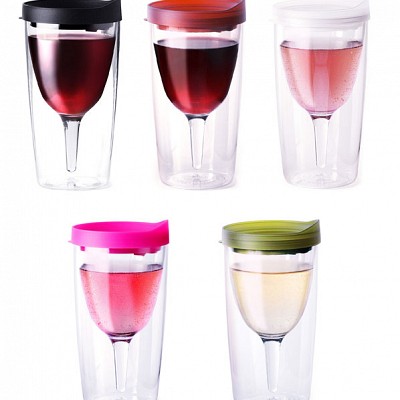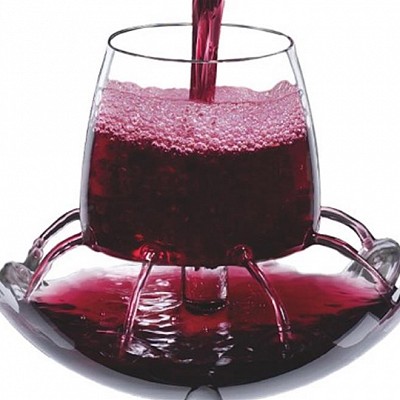Importance of wine and food pairing
Wine and food pairing can enhance your dining experience by bringing out the best flavors in both the dish and the wine. When the right wine complements your food, it can elevate the entire meal. The acidity, sweetness, and bitterness of the wine can either contrast or harmonize with the flavors in your food, creating a more enjoyable taste sensation. Remember, there are no strict rules in pairing wine and food; it's all about finding what works best for your palate. Cheers to discovering new flavor combinations!
Factors to consider in urban dining
Remember that urban dining carries unique characteristics that influence the pairing experience. Factors like the restaurant's ambiance, the availability of fresh ingredients, and the diversity of cultural influences in urban areas play a significant role in your dining experience. Keep in mind the noise level and crowd size, which can affect your comfort and ability to appreciate the pairing nuances. Be open to trying new and exciting food and wine combinations, as urban dining often offers a wide array of choices to explore.
Types of wines and their food pairings
Wines are typically matched with foods they complement to enhance the dining experience. White wines like Sauvignon Blanc and Chardonnay pair well with seafood and salads. For red wines, Cabernet Sauvignon and Merlot go nicely with red meats and grilled dishes. Dessert wines such as Riesling or Moscato are perfect with sweet treats. Remember, the key is to balance the flavors of the wine and the food for a delightful meal.
Expert tips for successful wine and food pairing
Pairing wine and food can enhance your dining experience. Experts suggest considering the characteristics of both the dish and the wine. Here are some tips for successful wine and food pairing:
- Match intensity: Choose a wine that matches the intensity of the food.
- Consider flavors: Pair wines that complement or contrast the flavors in your dish.
- Balance textures: Ensure the wine's body matches the richness or lightness of the food.
- Acidic wines: Pair acidic wines with fatty or creamy dishes for a harmonious balance.
- Experiment: Don't be afraid to try different pairings to discover your preferences.
Local urban dining recommendations
Urban dining in your city offers a variety of delectable options for pairing wine with food. Experts suggest trying these local recommendations to enhance your dining experience:
- Stylish Bistros: Known for their intimate ambiance and diverse wine selections, bistro dining is perfect for a casual yet classy evening.
- Fusion Eateries: Explore unique flavor combinations at fusion eateries where global cuisines come together seamlessly.
- Trendy Wine Bars: Unwind at trendy wine bars that specialize in serving a wide range of wines that perfectly complement different dishes.
Enhancing the dining experience through pairing
Pairing wine with food can elevate your dining experience. When choosing the right wine to accompany your meal, consider the flavors of both the food and the wine. For example, red wines often pair well with red meats, while white wines complement seafood and poultry. Remember that the goal is to enhance the flavors of your meal and wine, creating a harmonious and delightful culinary experience.
Ensuring harmony in flavors
To ensure harmony in flavors when pairing wine and food, consider matching the intensity of the wine with the dish. Light wines go well with delicate foods, while bold wines complement richer dishes. When in doubt, remember that red wine pairs well with red meat, while white wine complements seafood and poultry. Don't forget to take into account the acidity of the wine and the dish; high-acid wines go well with acidic foods. Experimentation is key when finding the perfect pairing, so have fun exploring different combinations to discover what you enjoy best.
Common mistakes to avoid in wine and food pairing
When pairing wine and food, avoid these common mistakes to ensure a delightful dining experience:
- Mismatched Intensity: Choose wines and dishes with similar flavor intensities.
- Ignoring Acidity: Pay attention to the acidity of both the wine and the food to complement each other.
- Forgetting the Sauce: Consider the sauce when pairing, as it can greatly impact the overall taste.
- Overcomplicating: Keep it simple and focus on enhancing the flavors, rather than overwhelming the palate.
Exploring new tastes and combinations
If you're eager to expand your palate, tasting different wine and food pairings can be an exciting journey. Experts recommend trying contrasting flavors like pairing a bold red wine with rich meats or complementary flavors like a crisp white wine with seafood. Experiment with various combinations to find what suits your taste buds best. Remember, the key is to enjoy the experience and discover new flavors along the way.
Elevating your urban dining experience
When you pair your wine and food correctly, you enhance the flavors of both. Experts recommend trying a light wine with lighter dishes and a bold wine with richer foods. White wines go well with seafood and chicken, while red wines complement beef and lamb. Remember, the goal is to elevate your dining experience, so don't be afraid to experiment and find what works best for your palate.







































